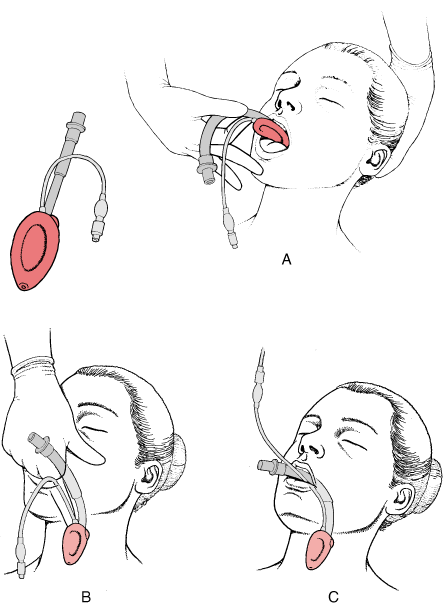The first years have completed their first year. Now it’s time for their 4-week clinical ward experience. They were given the option of ranking the different specialties and the dean’s office did their best match up the students to their requested specialties.
Tomorrow will be the first day of their ward experience. I have already been notified of which students have been assigned to me. The first years were also told and instructed to contact their third years about where to meet up. I haven’t been contacted yet. It’s not like I blame the guy, though. For some reason, they gave the first years our pager number. Which is kind of ridiculous since they don’t have pagers yet. So they have to figure how to use the hospital paging system, page us, and wait for us to return the call. I suppose it’s because they can’t just give out our contact information without our permission.
On my surgery team, there are already 3 third year medical students — two of which are from my school. I have one 1st year. She has 2. So rounding will become a large group experience.
Should be fun. I remember when I had my clinical ward experience after my first year. Hopefully they will find the experience useful.






